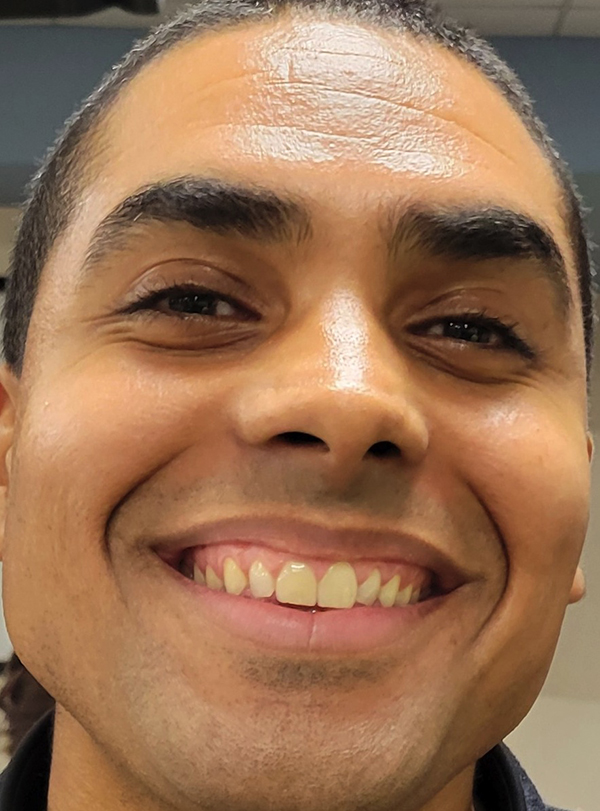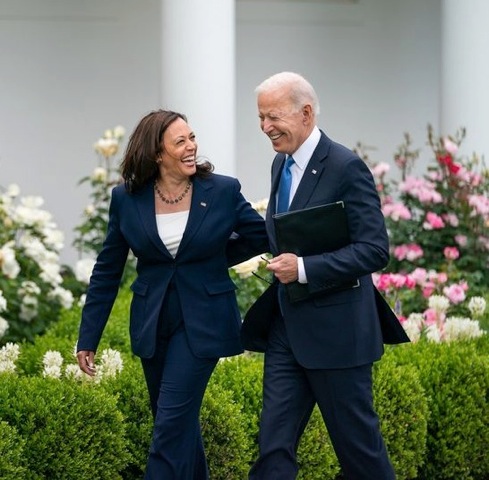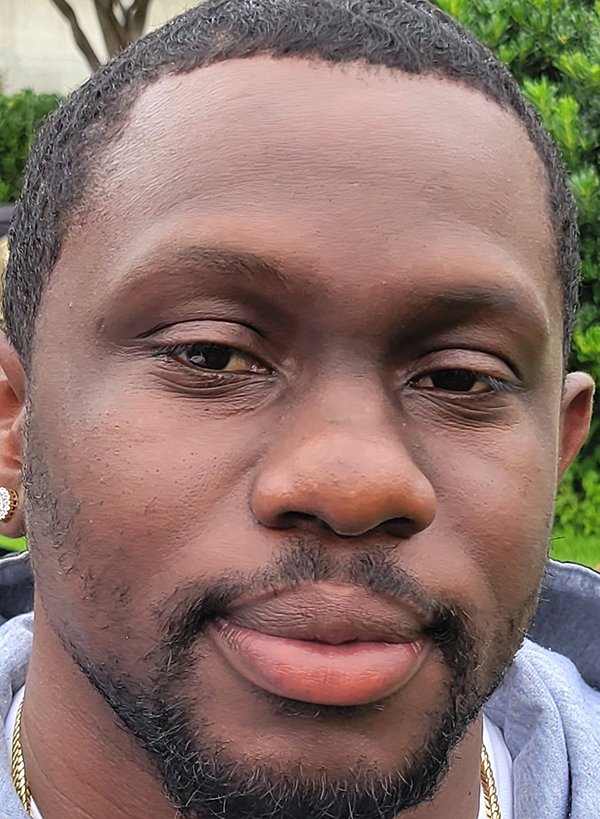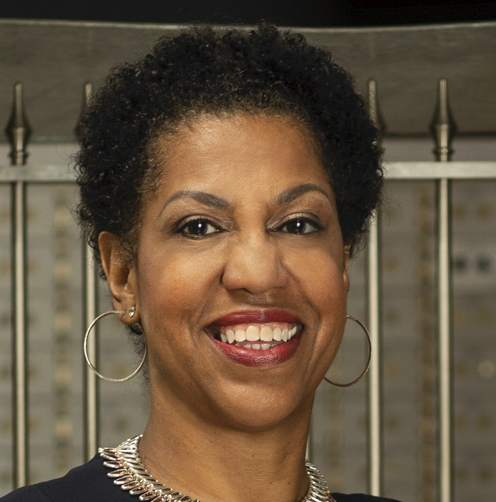Street Beat: Is reverse racism real?

The concept of “reverse racism” has sparked ongoing debate in American society, often surfacing whenever policies or programs attempt to address the historic inequities faced by Black Americans and other marginalized groups. Some see the term as a reaction to efforts aimed at fostering greater equity, while others question whether it is possible given the nation’s history and social hierarchy.
For many residents interviewed at Exposition Park and L.A. Live, the idea of “reverse racism” does not hold weight. They point to a long legacy of systemic discrimination that has shaped opportunities in areas such as housing, education, and employment. In this context, attempts to correct those imbalances are not considered discriminatory in reverse, but rather necessary steps toward fairness.
Some interviewees described skepticism toward the phrase, suggesting it is often used when members of historically dominant groups feel uncomfortable with changes that promote inclusion or equal opportunity. These perspectives highlight how power and privilege continue to play a significant role in shaping conversations about race in twenty-first century America.
Others underscored that accusations of “reverse racism” frequently overlook the historical context of race relations in the United States. They argue that policies designed to provide access or remedy past injustices are misconstrued as unfair advantages, when in reality they are intended to address longstanding disparities.
While the debate continues to spark strong opinions, it also surfaces deeper questions about how society defines racism and what it means to create a more equitable future. As these community voices demonstrate, the discussion around “reverse racism” remains complex and deeply tied to America’s evolving understanding of fairness and justice.
Below, four Angelenos weigh in on the question.

Karen Hill
Los Angeles
“For me, it’s not a real thing. Black people in this country have been oppressed for over 300 years, so when they try to make things equal, other people call it reverse racism.”

Roger Williams
Inglewood
“Some call it reverse racism. I call it equity. … When the majority says the minority is racist, they have no idea what real racism is.”

Richard Hicks
Ladera Heights
“I understand it, but there’s a reason why the person who’s running a race in the outside lane is positioned ahead. That’s not unfair against anybody.”

Sabrina Moore
Los Angeles
“That term never made sense to me. White people have the advantage in America in everything — housing, jobs — so where’s the reverse racism?”
Compiled by Cynthia Gibson at Exposition Park and LA Live.





